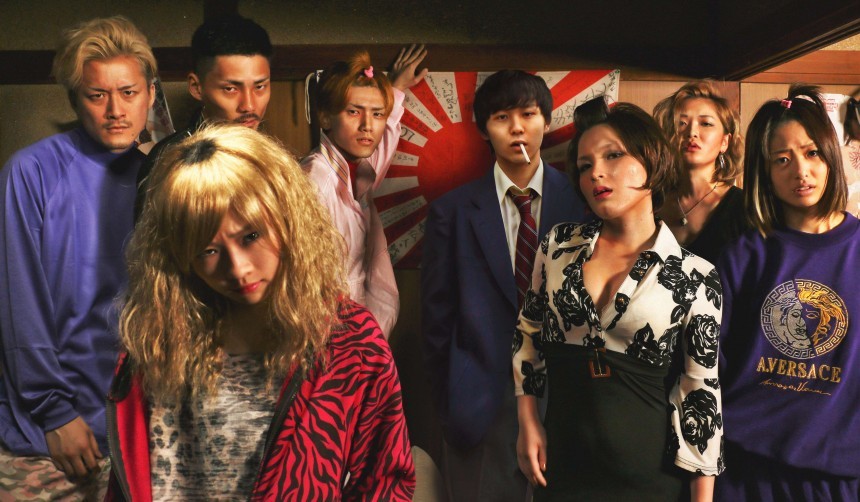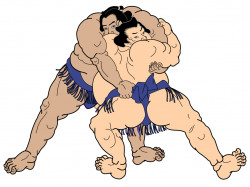
UK producer/distributor Adam Torel has been a godsend to the Japanese film industry. Appearing on the scene when international interest in the genre was at perhaps its lowest point since the 1950s, Torel’s Third Window Films has distributed almost 90 or so Japanese films throughout the world. His company has also produced or co-produced a handful of indie gems that give one hope we could see a renaissance of the Japanese art house oeuvre. 2014’s Fuku-chan of Fukufuku Flats was a portrait of a charming, earnest, introverted construction worker who slowly comes out of his shell. It made the festival rounds to rave reviews and won awards at home. Last year’s collaboration with director Eiji Uchida, Low-Life Love, focused the camera squarely on the low-budget film industry’s losers, lost souls and predators on the edge of the porn industry. But its wry humor and sensitive look at their desperate lives made it a minor masterpiece.
Now Torel and Uchida are back with another producer-director collaboration, albeit a harsher, more violent one, infused with a more mainstream feel. Love and Other Cults follows the story of two youth who society steps on from the get-go. Ryota (Kenta Suga) is a juvenile delinquent who forms a gang in his teens after being bullied and abused. Ai (Sairi Ito) is raised by a crackpot single mom who flits from cult to cult but is colder than ice to Ai, eventually sending her off to live in a cult compound for 7 years. In fact, these two competing storylines, where the protagonists appear destined to end up together, seem heavily influenced by two successful Japanese art house films. Ryota’s gang-youth story takes after the widely acclaimed Blue Spring (2002), Toshiaki Toyoda’s violent coming-of-age tale that was also the coming-out party for superstar Ryuhei Matsuda. And Ai’s story has deep similarities to Memories of Matsuko (2006), a saga of a woman who is beat down by society from youth into middle age.
Love and Other Cults has the tropes of these hard-boiled youth/working-class stories. The characters jump from one bad situation to the next, driven by kicks and the need to survive. But their instincts generally tend to be wrong, and they often encounter violence and abuse. Sometimes one of their gang is able to make a real life for themselves but a feeling of doom hangs over the film. Naturally, the young bucks must deal with, and work for, actual gangsters, but they survive. In some cases the scenarios are compelling and sometimes they seem forced. The work, while infused with energy, lacks the humor and emotional punch of Torel’s other projects. Still, it’s worth a viewing. (Japanese title: Kemono Michi; 94 min.)







